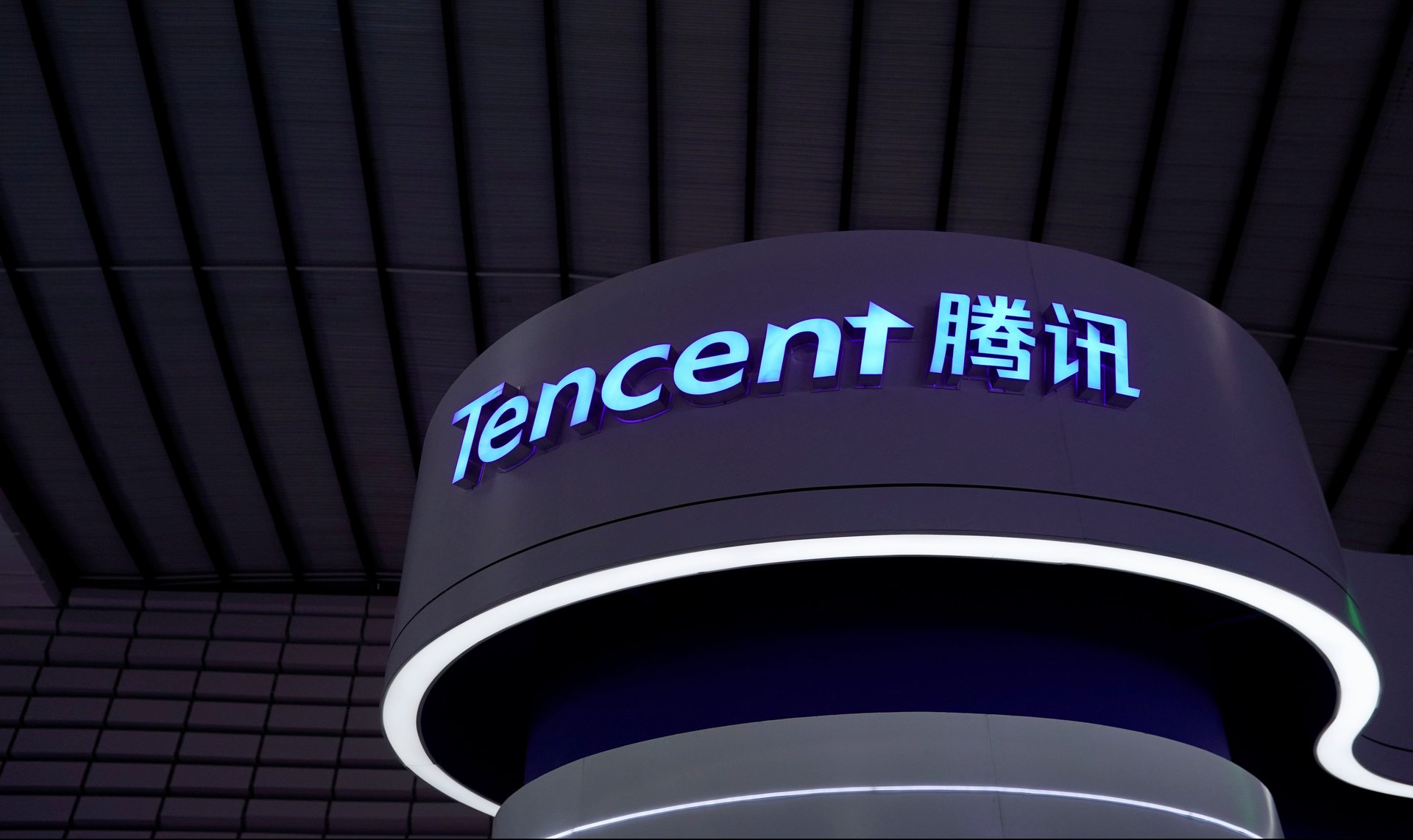The UN is partnering with China’s biggest surveillance software company
The United Nations announced earlier this week that it is partnering with Chinese tech giant Tencent to facilitate an international campaign to mark the body’s 75th anniversary. But news of the partnership has raised questions about the security of Chinese tech, especially given Tencent’s role as a comprehensive surveillance tool for the Chinese state.


The United Nations announced earlier this week that it is partnering with Chinese tech giant Tencent to facilitate an international campaign to mark the body’s 75th anniversary. But news of the partnership has raised questions about the security of Chinese tech, especially given Tencent’s role as a comprehensive surveillance tool for the Chinese state.
In a statement, the UN said that Tencent will provide “videoconferencing and digital dialogue tools” to hold “thousands of conversations online” for the anniversary campaign, which aims to “reach out to millions of people across the globe to listen to their thoughts. Tencent, in a separate statement released yesterday, said it would be providing “technical support” for the UN’s global dialogue campaign.
Tencent’s flagship product is WeChat, the all-encompassing chat app whose comprehensive nature and near monopoly in the country has made it one of the most powerful tools for Chinese government surveillance over its citizens.
While this isn’t the first time the UN has collaborated with Tencent, the latest partnership appears to be the most global in scale. In 2018, the UN Development Programme announced a partnership with the company to launch a pilot initiative aimed at addressing critical urban challenges.
Specifically, the UN 75th anniversary initiative will host online discussions using Tencent’s VooV Meeting platform, the international version of the company’s video-conferencing software launched last month. The domestic Chinese version of the software, Tencent Meeting, was launched in December and already boasts 10 million daily active users.
In recent weeks, privacy and security concerns have been raised about Zoom, the video-conferencing software that has seen its usage skyrocket as the coronavirus pandemic forces people to stay indoors. Though it markets its service as secured by end-to-end encryption, tech publication the Intercept found that Zoom in fact has access to unencrypted video and audio from meetings—a major security flaw as major companies and even governments have turned to the service. In response to the potential security risks, SpaceX recently banned its employees from using Zoom. A lawsuit filed in California this week accuses Zoom of sharing users’ personal data with Facebook.
VooV Meeting’s service agreement makes no mention of end-to-end encryption, and in fact notes that “any message or information you send… may be read or intercepted by others, even if there is a special notice that a particular transmission is encrypted.” VooV also notes in its privacy policy that user information will be transferred “to any country where we have databases or affiliates and, in particular, the People’s Republic of China.” While exact details of the privacy policy may differ between users in countries, the information that is transferred to China can include user account information, IP address and device information, software information, and service log information.
Quartz has reached out to the UN and Tencent for comment.